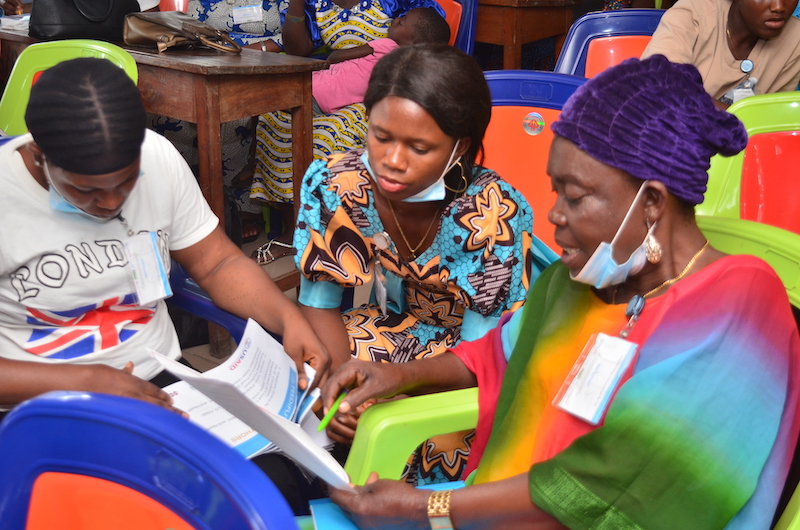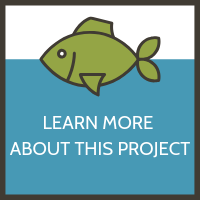
Authors: Grace Adeola Adegoye, Terezie Tolar-Peterson, Henrietta Nkechi Ene-Obong, Joseph Nkem Nuntah, Monica M. Pasqualino, Rahel Mathews, Juan L. Silva, Wen-Hsing Cheng, Marion Willard Evans, Jr., and Lauren Pincus
Abstract
Introduction: fish can be an affordable and accessible animal-source food in many Low- and Middle-Income Countries (LMIC). Background: Traditional fish processing methods pose a risk of exposing fish to various contaminants that may reduce their nutritional benefit. In addition, a lack of literacy may increase women fish processors’ vulnerability to malnutrition and foodborne diseases. Objective: The overall aim of the project was to educate women and youth fish processors in Delta State, Nigeria about the benefit of fish in the human diet and to develop low literacy tools to help them better market their products. The objective of this study was to describe the development and validation of a low-literacy flipbook designed to teach women fish processors about nutrition and food safety. Method: developing and validating instructional material requires understanding the population, high-quality and relevant graphics, and the involvement of relevant experts to conduct the content validation using the Content Validity Index (CVI) and the index value translated with the Modified Kappa Index (k). Result: The Item-level Content Validity Index (I-CVI) value of all domains evaluated at the initial stage was 0.83 and the Scale-level Content Validity Index (S-CVI) was 0.90. At the final stage, the material was validated with CVI 0.983 by four experts and satisfied the expected minimum CVI value for this study (CVI ≥ 0.83, p-value = 0.05). The overall evaluation of the newly developed and validated flipbook was “excellent”. Conclusions: the developed material was found to be appropriate for training fish processors in Nigeria in nutrition and food safety and could be modified for a population of fish processors in other LMICs.
Read the full publication at https://doi.org/10.3390/ijerph20064891
Published March 13, 2023

